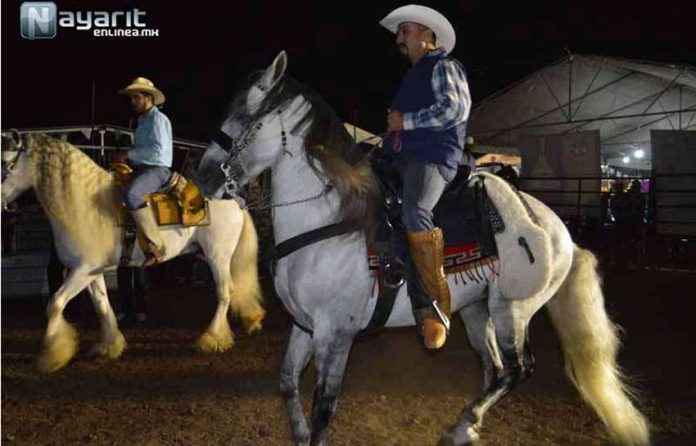Horses have been confined to their stables by government order in Ixtlán del Río, Nayarit, due to a case of the western equine encephalomyelitis (WEE) virus, which causes a potentially serious disease that also affects birds, mosquitoes and humans.
There have been at least 50 possible cases reported in the region, and half of those animals have died. While it has yet to be confirmed if those deaths were caused by WEE, state authorities have ordered horses be kept in their stables and suspended their participation in rodeos, shows and other events.
Government officials have so far collected 192 samples that are currently being analyzed in a laboratory.
“We advise against moving horses within the state and to and from it, as a preventative measure,” said rural development undersecretary Rodrigo Polanco Rojo.
The first reports of the virus were heard two weeks ago when owners reported that their horses showed symptoms such as poor motor coordination and depression.
WEE is most often spread by the bite of an infected mosquito. Mosquitoes become infected when they feed on infected birds, and can then spread the virus to humans and animals when they bite. It is not spread from person to person.
Source: La Razón (sp)
